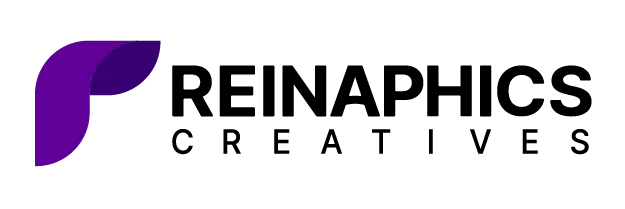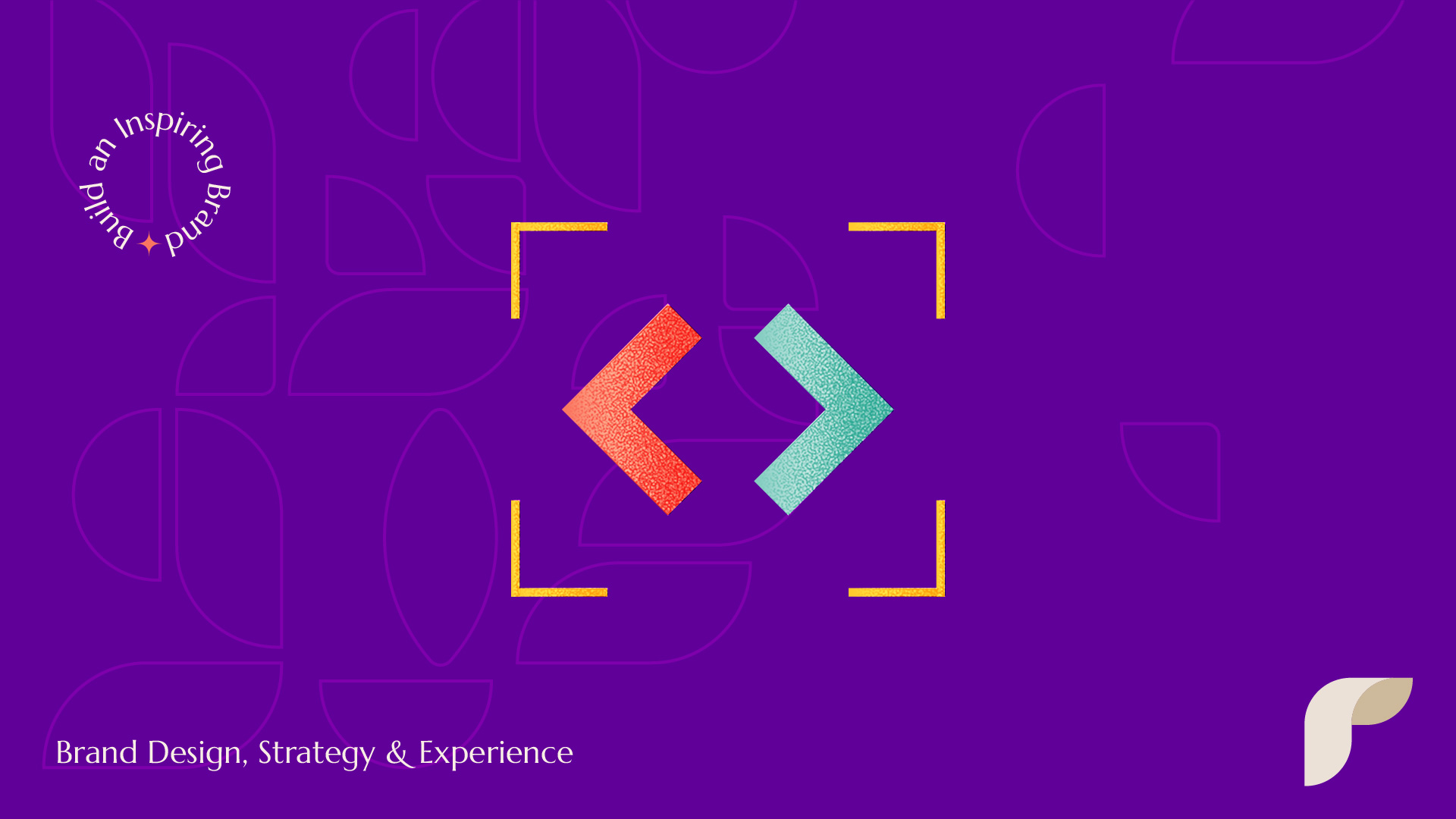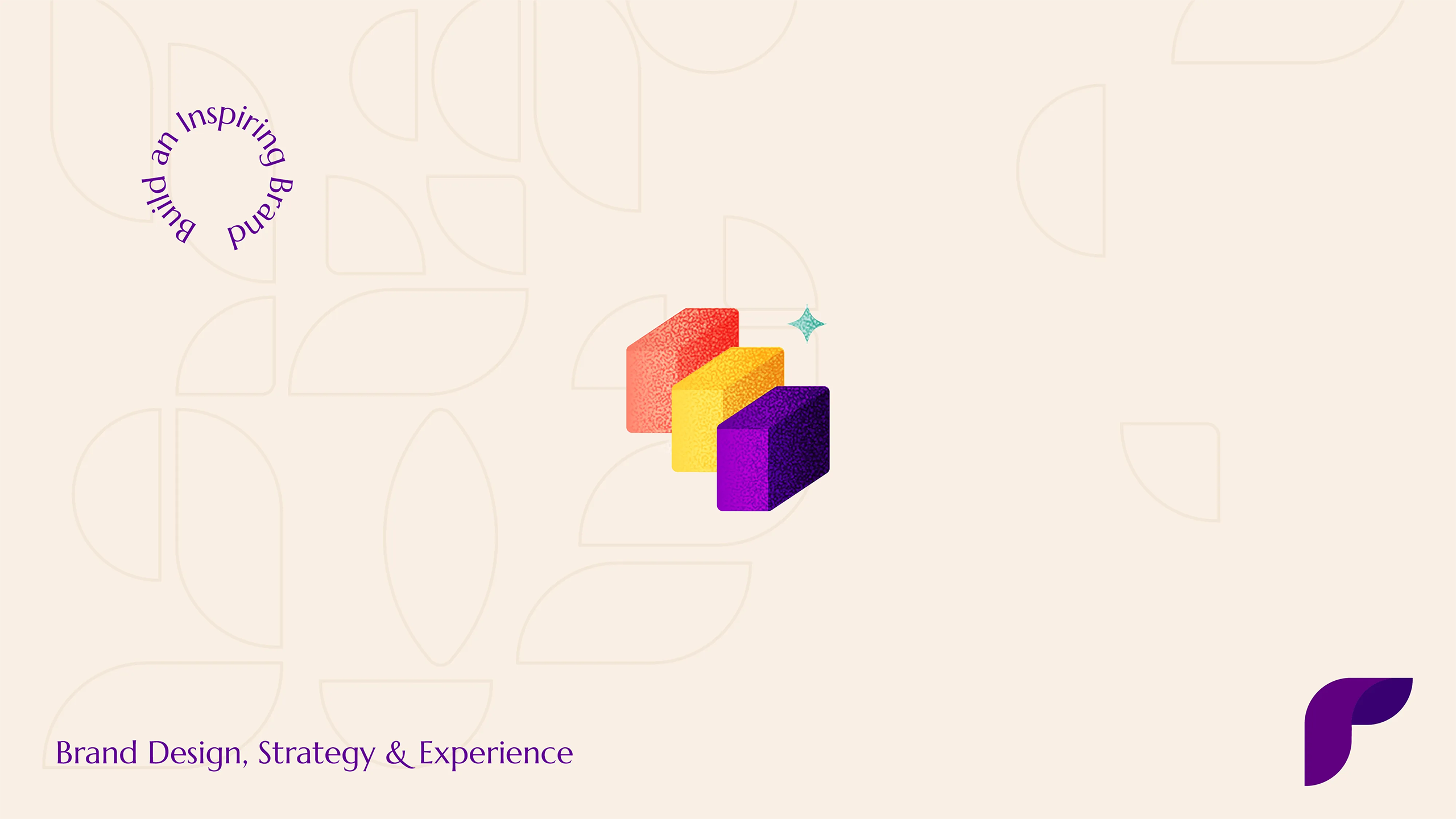Today’s world depends on staying interconnected through digital means. It is one where websites serve as the face of businesses and the primary platforms for initial customer interactions. In such an age, prioritizing website security has become paramount.
Security threats and website hacking leads a wide range of risks to your business, including financial loss, data and identity theft, loss of unique intellectual property, lost brand reputation, and erosion of customer confidence.
30,000 websites are hacked on daily basis globally.
With the ever-growing threats for websites and the increasing instances of cyberattacks, protecting your brand and customer data has never been more crucial. Not only does it protect your brand and its data, but it also gives your customers a sense of security while accessing your content.
Here are some ways you can achieve this and optimize your brand and customer data:
What’s in this article?
Implement robust authentication mechanisms
One of the fundamental pillars of website security is implementing strong authentication mechanisms. By employing multiple factors for user authentication, you can significantly reduce the risk of unauthorized access.
Multi-Factor Authentication (MFA) is an effective example of this approach. With MFA, users are required to authenticate using at least two different factors, such as passwords, one-time codes, biometrics, or hardware tokens. This additional layer of security adds a significant barrier for potential attackers attempting to gain unauthorized access to your website or user accounts.
According to a study conducted by Microsoft, implementing MFA can block over 99.9% of account compromise attacks. This highlights the importance of strong authentication mechanisms in protecting your website and user data.
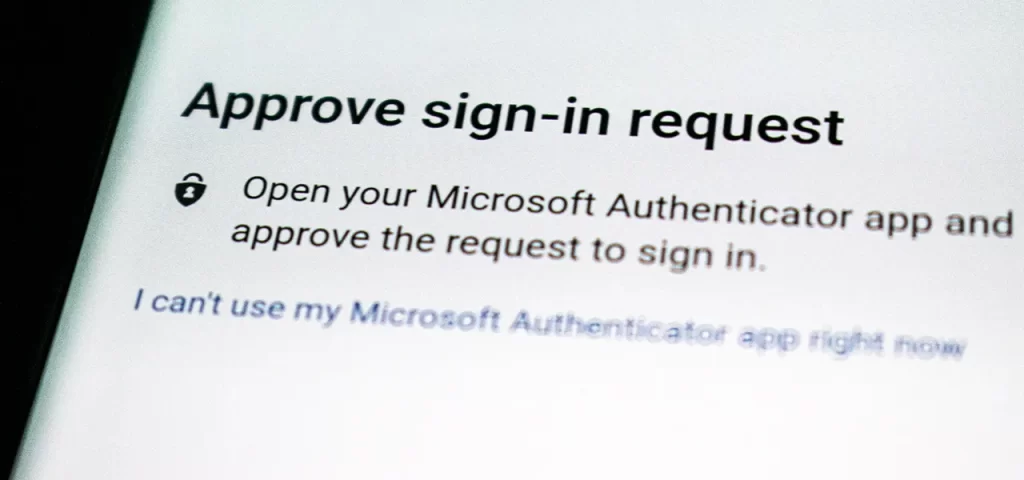
Regularly update and patch your software
Keeping your website’s software up to date is a must for optimal security. Software updates often include security patches that address vulnerabilities and protect against known exploits.
Regularly updating your web server, content management system (CMS), plugins, and other software components helps to ensure that you have the latest security features and fixes.
In 2020, the cybersecurity firm Symantec reported that 70% of websites were using vulnerable software, making them prime targets for cyberattacks. By regularly updating and patching your software, you can reduce the risk of falling victim to such attacks and enhance the overall security of your website.
Utilize secure hosting and encryption
You must prioritize choosing a reliable and secure hosting provider for protecting your website and customer data. Implementing HTTPS (Hypertext Transfer Protocol Secure) and obtaining SSL/TLS (Secure Sockets Layer/Transport Layer Security) certificates are essential steps in securing data transmission between your website and users.
With HTTPS and SSL/TLS certificates, the data exchanged between the user’s browser and your website is encrypted, ensuring confidentiality and data integrity. A survey conducted by GlobalSign revealed that 84% of online shoppers would abandon a purchase if they noticed that the website was not secure.
By prioritizing secure hosting and encryption, you can effectively build trust, leading to increased customer loyalty and conversions. People will feel safe accessing your content and permitting you to collect theirs.

Employ web application firewalls (WAFs)
Web Application Firewalls act as a shield between your website and potential threats, protecting against common attacks such as SQL injection, cross-site scripting (XSS), and distributed denial-of-service (DDoS). WAFs monitor incoming and outgoing web traffic, analyzing patterns and behaviors to identify and block malicious activity.
Cloud-based WAF solutions offer scalability and real-time threat detection and mitigation capabilities. These solutions utilize machine learning algorithms and threat intelligence to identify and respond to emerging threats effectively. Custom rule sets can be created to match the specific security requirements of your website, providing tailored protection against potential vulnerabilities.
According to a report by Imperva, organizations experienced an average of 3.2 billion web application attacks each month in 2020. By employing a Web Application Firewall, you can effectively defend your website against these attacks and ensure the integrity of your brand and customer data.
Regularly back up your data
Backing up your website and customer data must be kept in mind as you never know when you might need it. It is useful for disaster recovery and mitigating the impact of potential breaches. Regular automated backups ensure that you have recent copies of your website’s data stored securely offsite, allowing for swift restoration in case of a security incident or data loss.
Automated backups offer several advantages. First, they eliminate the risk of human error in manual backup processes. Second, they ensure that backups are performed consistently and regularly, reducing the potential loss of valuable data. Finally, storing backups offsite provides an additional layer of protection against physical damage, theft, or system failures.
It is equally important to regularly test the restoration process to ensure the reliability of your backups. Testing allows you to identify any issues or gaps in the backup system and make necessary adjustments.
This indicates that by regularly backing up your data and verifying the restoration process, you can minimize downtime. You can also recover from incidents faster and maintain the trust of your customers even during adverse times.
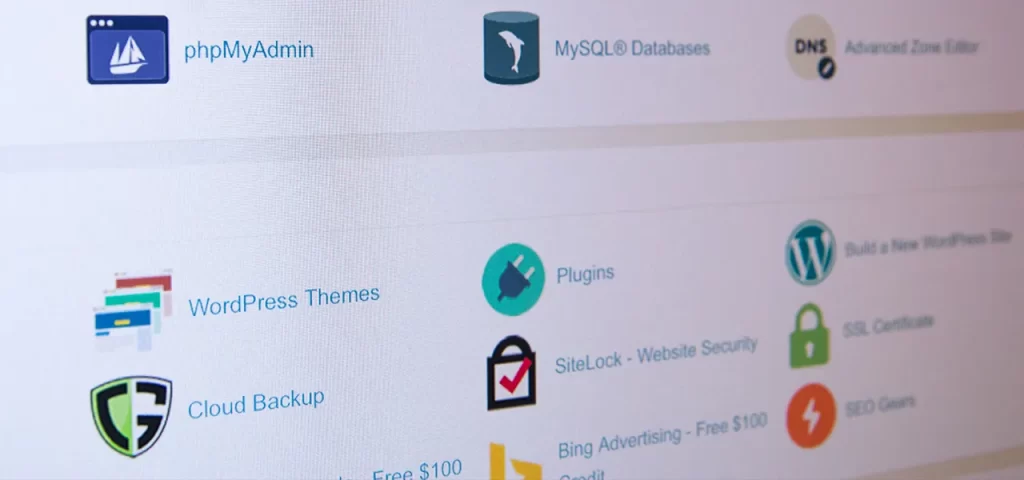
Conclusion
Securing your website is vital for safeguarding your brand and protecting customer data in today’s digital age. Investing in website security not only protects your assets but also fosters trust and confidence among your customers. By following these best practices, you can establish a strong security foundation, reduce the risk of cyberattacks, and ensure the integrity of your brand and customer data.
Remember, website security is an ongoing effort. It is not a luxury – it is a basic necessity and requisite for customers to trust you. Stay informed about the latest threats and security measures, adapt to emerging technologies, and regularly assess and update your security practices to stay one step ahead of potential threats.
By prioritizing website security, you can confidently navigate the online world and build a strong and resilient presence for your brand. Your customers will find you easily and you can reach out to them when they trust you with their data.
